Factory Farmed Animals
Factory farms are commercial agricultural operations that raise massive numbers of animals for the purpose of producing meat and other animal products for sale. Animals are housed indoors and are allowed very little food, water, space, and veterinary care in order to minimize cost and maximize production.
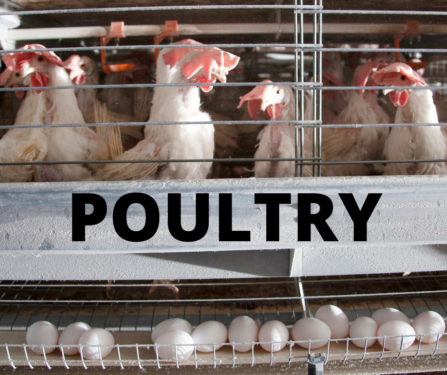
Factory Farmed Poultry
Whether bound for slaughter or a short life in a confinement crate, chickens, ducks, and turkeys suffer on factory farms.
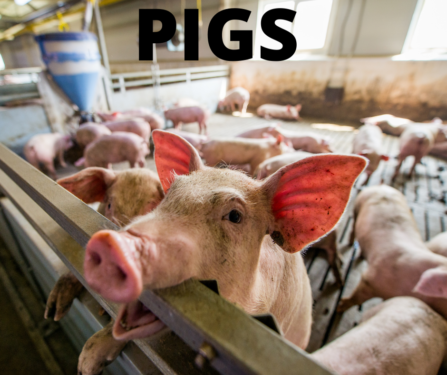
Factory Farmed Pigs
Pigs are highly social, intelligent, and sentient animals.
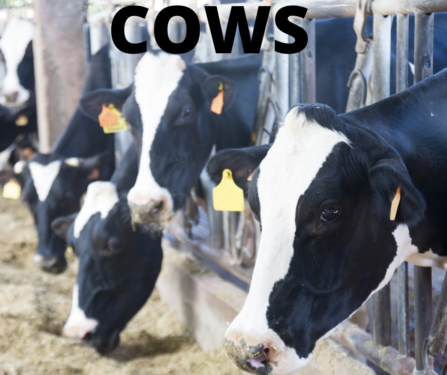
Factory Farmed Cows
When we think of cattle, many of us imagine huge animals grazing contentedly in a green field, with their offspring nearby frolicking in the sun and fresh air.
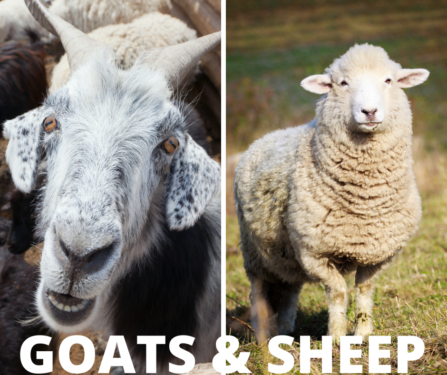
Factory Farmed Goats and Sheep
In 2020, the USDA reported that 624,400 goats and approximately 2.5 million sheep and lambs were slaughtered.
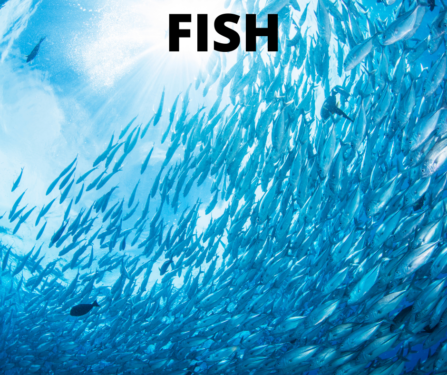
Factory Farmed Fish
Aquafarms are underwater factory farms for fish. Like terrestrial farms, aquafarms contribute to the suffering of animals and environment degradation.
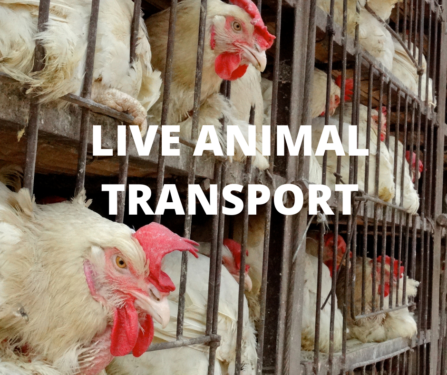
Live Animal Transport
Farmed animals receive fewer legal protections than some wildlife and all companion animals.
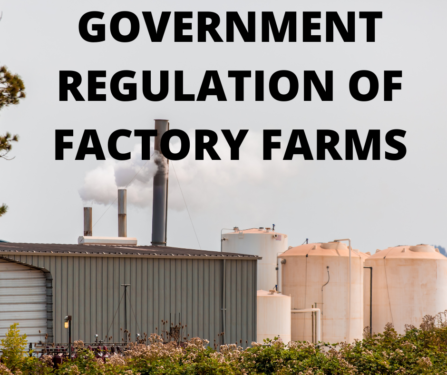
Government Regulation of Factory Farms
The USDA is the primary federal agency charged with regulating animal food production and slaughter industries.
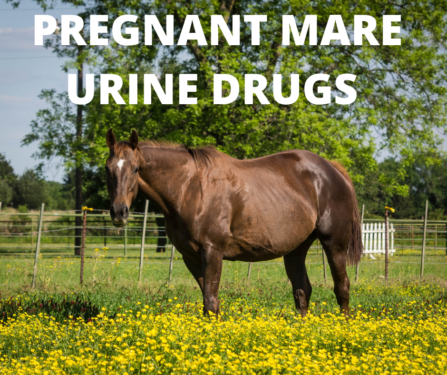
Pregnant Mare Urine (PMU) Drugs
Pregnant mare urine (PMU) is one of the key ingredients in a vast majority of hormone replacement therapy (HRT) drugs, such as Premarin® and PremPro®.
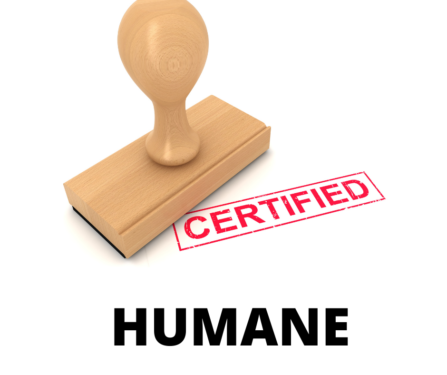
Certified Humane
What does it mean when an animal product is labeled Certified Humane Raised and Handled®?








